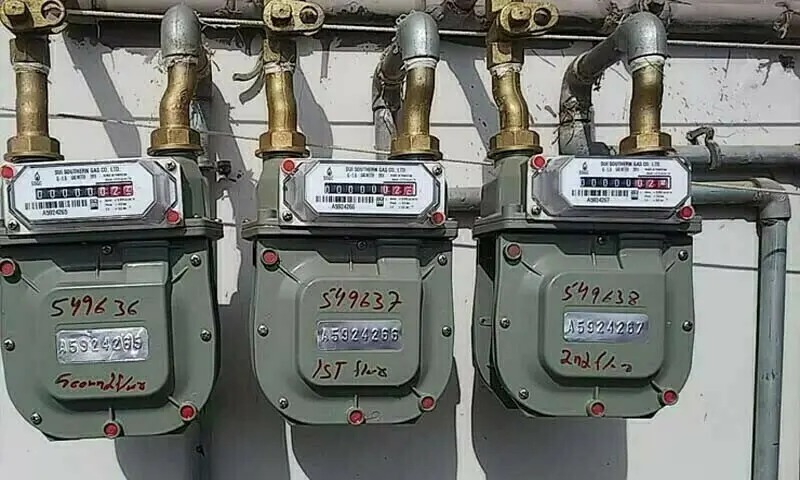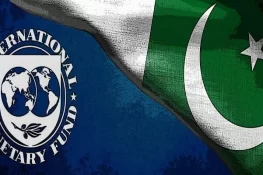Government Announces Major Policy Shift
The Government of Pakistan has announced a permanent ban on new natural gas connections across the country. In line with the decision, authorities have ordered the cancellation of more than three million pending applications that had been submitted by households and businesses over recent years.
According to officials, the new framework, approved by the federal cabinet, has been shared with the country’s two main distribution companies — Sui Southern Gas Company (SSGC) and Sui Northern Gas Pipelines Limited (SNGPL). The framework directs them to stop supplying connections based on indigenous natural gas and to transition towards connections that rely solely on imported liquefied natural gas (LNG).
New Conditions for Connections
Under the revised policy, households and businesses seeking a gas connection will now receive supply only from imported LNG. The process has been tied to nine conditions designed to regulate access.
One of the key provisions is that 50 percent of new consumers must be provided connections each year under an “urgent fee” system. Those willing to pay the urgent fee will be prioritised and will receive an LNG connection within three months.
In addition, applicants who have remained without a connection for at least one year will also be considered for new supply. However, the government has clarified that the tariff for imported LNG will be about 70 percent higher than the current domestic natural gas rate, posing a significant financial burden for consumers already struggling with rising utility costs.
Rising Costs and Consumer Concerns
For millions of Pakistani households, natural gas remains the primary fuel for cooking and heating, particularly during the harsh winter months. The decision to shift entirely to LNG connections is expected to increase monthly bills considerably.
Consumer rights groups have already voiced concern that the higher tariffs will disproportionately affect lower and middle-income families. Many households that had applied for gas connections years ago may now have to reconsider whether they can afford the new costs.
Government’s Justification
Officials say the move is aimed at addressing the country’s ongoing energy crisis. Pakistan has faced recurring shortages of natural gas in recent years, with supply often failing to meet demand during peak winter seasons. The country’s proven natural gas reserves are steadily depleting, and production has been unable to keep pace with population growth and rising energy needs.
By switching new connections entirely to imported LNG, the government hopes to streamline distribution, reduce pressure on local reserves, and manage consumption more efficiently. The policy is also intended to ensure that existing consumers continue to receive local gas supply for as long as possible, while new demand is diverted to imported fuel.
Policy Guidelines and Oversight
To ensure transparency, the federal government has also issued new guidelines for SSGC and SNGPL. These include strict monitoring of how new connections are granted, timelines for processing applications, and clear communication with consumers about tariffs and conditions. Officials say the guidelines are designed to avoid mismanagement and irregularities, which have historically plagued Pakistan’s energy sector.
Wider Context: Pakistan’s Energy Challenges
Pakistan has long struggled with balancing its energy supply and demand. According to government data, the country meets nearly 25 to 30 percent of its energy needs through natural gas. However, declining local production has forced greater reliance on imported LNG, which is costlier and exposes the country to global price fluctuations.
In 2022 and 2023, Pakistan experienced widespread gas shortages, leading to load-shedding in both residential and industrial sectors. Industries such as textiles — a major export earner — have repeatedly complained that limited gas supply disrupts production and harms competitiveness.
Looking Ahead
The permanent ban on local gas connections marks a turning point in Pakistan’s energy policy. While the government frames it as a necessary step to manage dwindling resources and ensure fairer distribution, millions of households face uncertainty. For many families, the cancellation of long-pending applications and the prospect of higher bills represent yet another economic challenge in a country already grappling with inflation.
Whether the shift to LNG will provide long-term stability or deepen the financial strain on consumers remains to be seen. For now, the new policy underscores the growing urgency of Pakistan’s energy crisis and the difficult trade-offs required to manage it.















